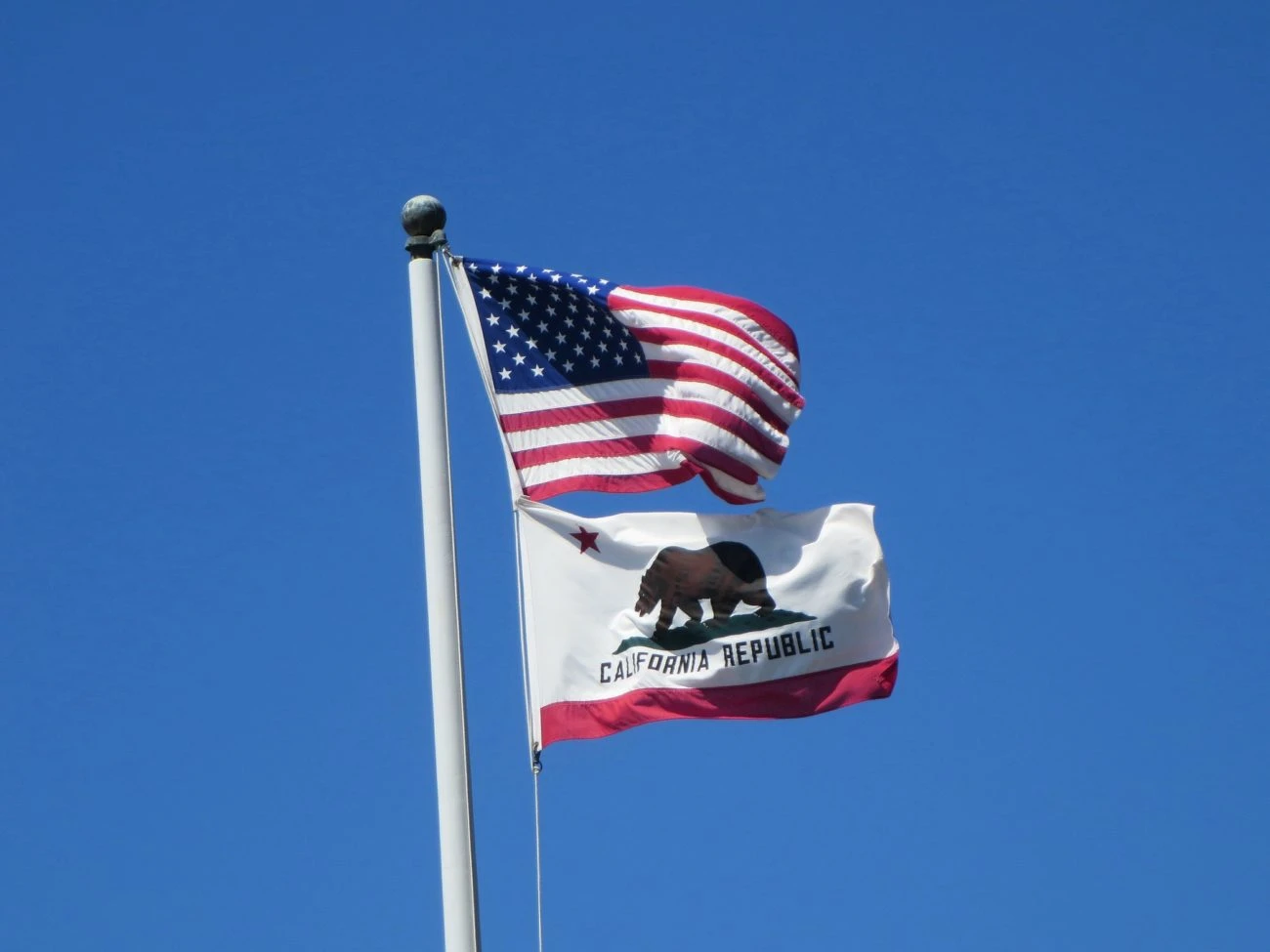CA tribal body attacks cardroom concession in SCA 6

The California Nations Indian Gaming Association (CNIGA) has criticised language formally legalising player-banked games at the state’s cardrooms in the sports betting bill put forward by Assemblymember Adam Gray and Senator James Dodd.
SCA 6 began as a short proposal to put the legalization of sports betting to California’s citizens first filed in June 2019, before being fleshed out into a full regulatory framework last week.
The bill, for which a companion proposal (ACA 16) has been filed in the Assembly by Gray, appears heavily weighted in tribal gaming operators’ favour by limiting legal betting to tribal casinos and racetracks, blocking cardrooms from the vertical.
Both entities would be able to offer online betting, which would be subject to a 15% gross revenue tax, and retail, which will be taxed at 10%. Online operators would also be expected to pay an initial $5m licence fee, plus an annual renewal fee of $1m.
While cardrooms are effectively shut out of legal betting by SCA 6 and ACA 16, the bills also aim to amend the California constitution to recognise the authority of card rooms’ right to offer player-dealer games. This sees a player employed by the venue to collect losses and rake, and pay out winnings. The role is ‘offered’ to the other players every 60 minutes.
It effectively means patrons are playing a peer-to-peer game, albeit one that feels like a traditional table game. Player-banked games have long been a point of contention for tribal operators, which feel their sovereign right to offer games such as blackjack and baccarat are being infringed upon.
CNIGA chair James Silva described this provision as allowing for “a massive expansion of games” offered by the cardrooms, that “fundamentally changes the legal structure of California’s peer-to-peer gaming industry”.
Read the full story on iGB North America.
